A step-by-step guide to selling a home in Northampton
You’re ready to make the leap to somewhere new. So how do you get started with the whole selling process and how long does it all take?
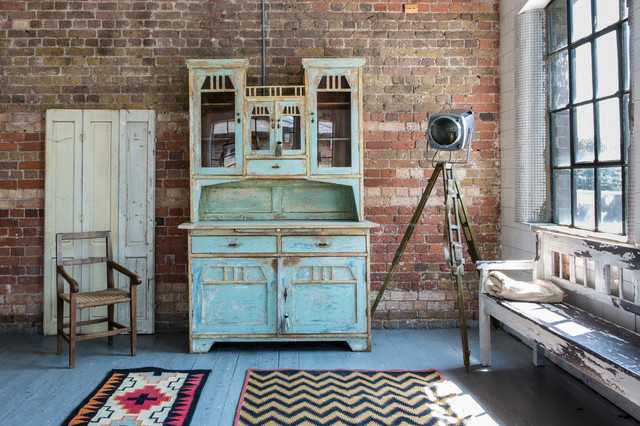
Key points
- Find out how much your home is worth and start prepping for viewings with a good deep-clean and de-clutter
- Choose the right estate agent for you and find a good solicitor early on in the process, so they can get cracking as soon as you go under offer
- Selling a home takes around 25 weeks, from the moment it’s first listed until completion
- How much it all costs will depend upon the value of your property, as estate agent fees work out as a percentage of your sale price
1. How can I get started with my sale?
The first thing you’ll want to know before putting your home on the market is how much it’s worth.
At Northamptonshire Luxury Homes, we can tell you that in an instant. Our valuations are based on powerful market data and even shows you your home’s sales history.
We can also let you know what similar properties in your area have sold for, to give you a good idea of market rates. Because knowledge is king.
But nothing beats having an estate agent come to your home to have a proper look around for an accurate property valuation.
They’ll be able to see all the work you’ve done to your place while you lived there – and calculate how much value it’s added to your property.
They’ll also be able to take in how well looked-after it is, learn about its best features and then highlight them to potential buyers.
Book a free valuation Get in touch.
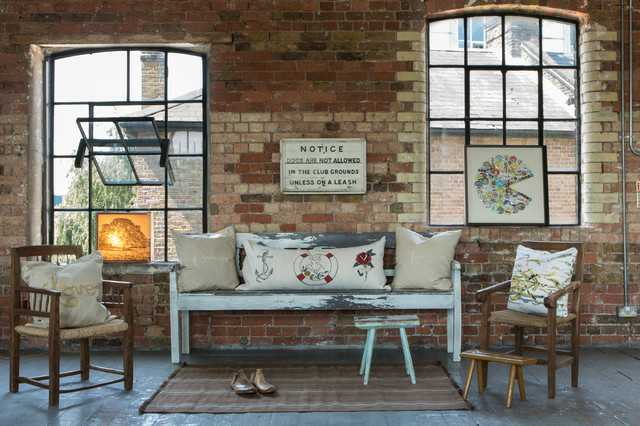
2. Get your home ready for sale
A major declutter and a deep clean will have a powerful impact when it comes to preparing your home for sale.
Don your Marigolds and look forensically at your home. Try to see the ingrained grime you might have stopped noticing.
If it’s really bad and won’t wipe off, consider a new lick of paint.
If your home is feeling a bit too full and busy, take out a temporary storage unit.
Any spare bikes that normally live in the hallway, kids toys or piles of winter coats must be banished throughout viewings time.
Light, airy and spacious is the look buyers are after.
And gardens are a big draw right now. Mow the lawn and weed the flowerbeds and you’ll be onto a winner.
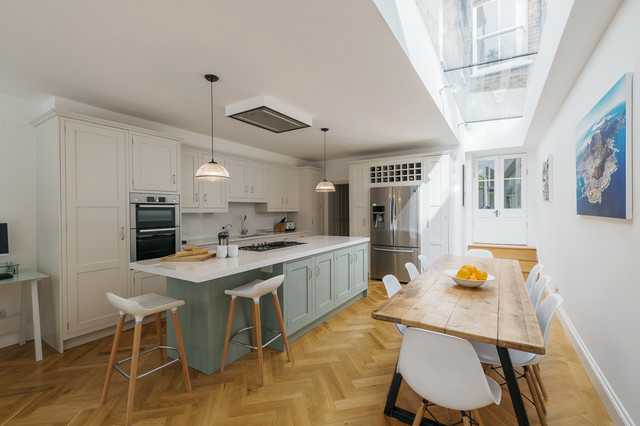
3. Decide how you want to sell your house
When looking for an agent, you’ll want someone who can see all the best things about your home, just like you can.
You’ll also want someone with plenty of experience when it comes to marketing properties like yours.
Local agents can really help to sell a home because they’ll know an area inside out and can highlight all of its best bits to potential buyers.
Book a free valuation Get in touch.
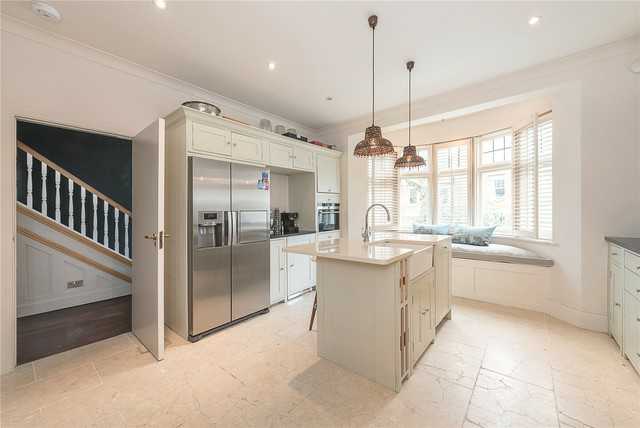
4. When should I put my home on the market?
Springtime is the best time for marketing your home.
Between February and June, the housing market bursts into action as buyers start looking for somewhere new.
The next best time is autumn, between September and October, as people hope to get settled into a new place in time before Christmas.
The quietest times of the year for the housing market are in the summer, from July to August, when everyone’s holiday, or just before Christmas, from November to December.
If you put your home up for sale in a quieter time, it could mean it hangs around for a while.
That in turn may mean buyers might think there’s something wrong with it, so it’s good to aim for a time when lots of buyers are looking for somewhere new.

5. How long does it take to sell a house?
Once you’re on the market, the first few weeks are the most crucial time for your home to go under offer.
‘That first four to six weeks of marketing a property is so important.
‘You are fresh on the market and it’s your best moment to capture the maximum number of eyeballs.’
The whole process of selling a home, from the moment it’s first listed to the moment you hand over the keys to your buyer takes around 25 weeks on average.
However, selling a home is dependent on many factors and the process can take anything between 17 and 34 weeks in total.
Find out more Get in touch.

6. How much does it cost to sell a house?
Coming in at between 1% to 3% of your home’s sold price, estate agent fees will be the biggest cost you incur when selling a home. The key here, is not to opt for the cheapest agent, they are under pressure to complete sales as quickly as possible and cannot devote the time needed to get the best price. Even so, we are not suggesting you instruct the most expensive agents, but a good agent will probably cost you less, because they will work harder to get the a higher final selling price.
- Next up it will be your conveyancing fees (£800 – £1,800)
- Then your removal costs (£420 – £1,800)
- Your remortgaging fees (£1,000+)
- And finally the costs for any paperwork expenses, such as the Energy Performance Certificate (£60 – £120)
Book a free valuation Get in touch.

7. What documents do you need in place to sell a house?
When selling a home, you’ll need to have the following documents available:
- An Energy Performance Certificate. A legal requirement for sellers since 2008, an EPC will tell buyers how well your home uses energy
- FENSA certificates for windows and doors
- A Boiler Safety Certificate
- Gas Safety Certificate
- Electrical Installation Certificate
- Planning approval for any major works
Your solicitor will also ask you to fill out further forms about the property itself and what you’re planning to include from it in the sale, such as curtains and appliances.
Find out more Get in touch.
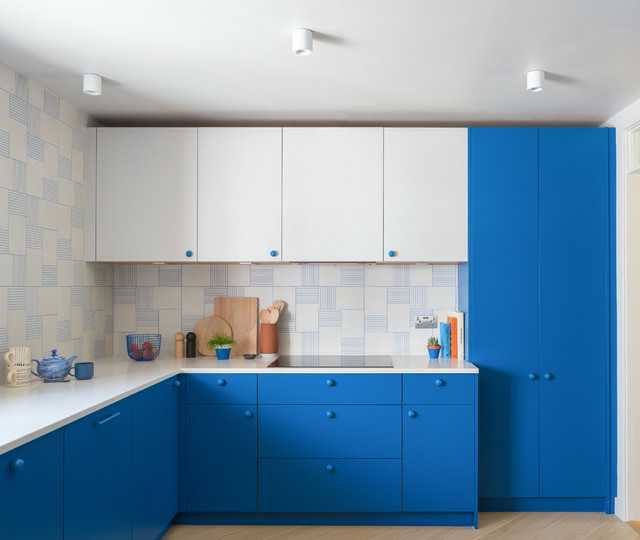
8. What if I’m selling and buying at the same time?
If you’re looking to buy a new home at the same time as selling yours, the best thing you can do is to get all of your professionals lined up early.
Have a solicitor or conveyancer in place who’s ready to get cracking the moment you go under offer.
And make sure you have all of the relevant documents and paperwork ready for your solicitor in advance.
Delays in the conveyancing process are one of the biggest hold-ups in the buying-and-selling-a-home experience.
You’ll want an efficient, on-the-ball professional and you’ll need to respond to all queries from your buyer’s solicitor pronto, so that everything moves along smoothly.
How to buy and sell a home at the same time
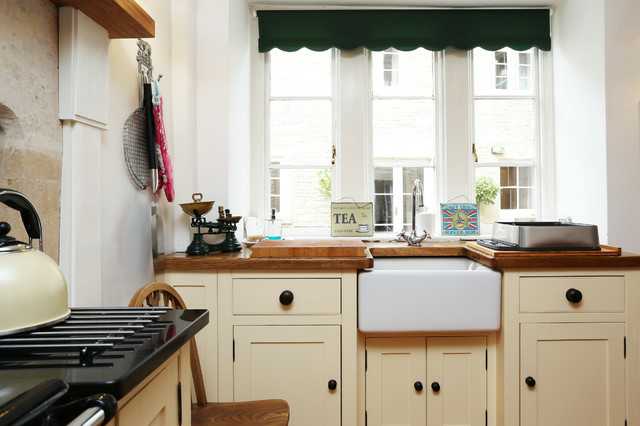
9. How do I sell a Shared Ownership, Help to Buy or Leasehold home?
The rules around selling Shared Ownership, Help to Buy or leasehold homes are slightly different.
Topics you may wish to research:
- How do you sell a Shared Ownership home?
- How to sell a Help to Buy property
- How do you sell a leasehold property?
Also, if you’re selling a home in Scotland, the process works in a different way to in England and Wales.
How is selling a home different in Scotland?
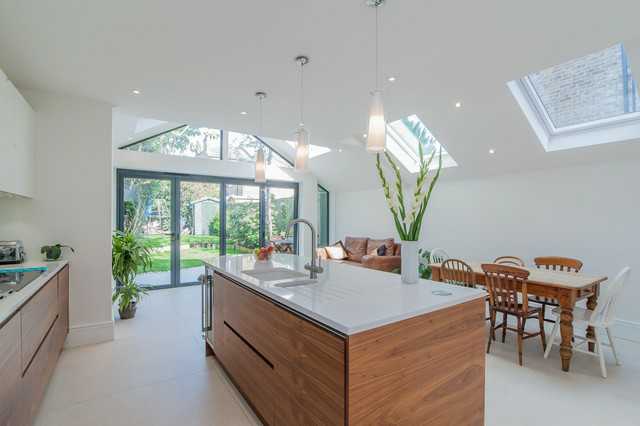
10. Different reasons for selling a home
Sometimes the reasons for selling a home aren’t always straightforward.
If you’re selling a home because you’re separating from your partner, you may be wondering what your rights are – and if they differ according to whether you were married, co-habiting or have children.
We explain how the law works in our guide: What happens to our home if we break-up?
If you’ve lost your partner and there’s still a mortgage on your home, we explain what happens next in our guide: What happens to our home if my partner dies?
You may be thinking about giving your property to your children. So let’s take a look at how inheritance tax works in that situation.

11. You’re under offer! So how do you manage your chain?
Once the joy of going under offer subsides, you may find yourself in the dreaded property chain.
This is the part when the surveys start happening and the solicitors get busy with all of the relevant searches they need to conduct on your property.
This phase can take anything between several weeks to several months, depending on the complexity of the chain and the properties involved.
Here’s how to push yours along and keep everything moving.
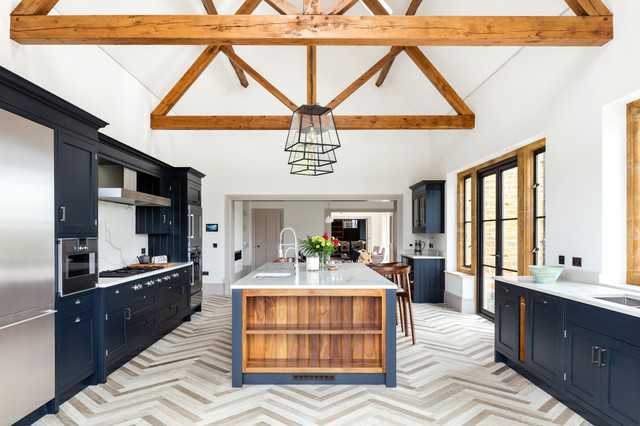
12. Let’s get moving!
You’ve exchanged and the deal is sealed! It’s time to organise the removals.
Are you going to go for the full shebang packing-and-unpacking removal service?
Or is this going to be a DIY job with mates?
The cheapest way to move home is to hire a van and do it yourself.
This may be manageable if you’re a young professional living in a studio or one bedroom flat, less so if you have five kids and 30 years worth of stuff.
If you’re planning to use a firm, removal costs can vary from between £420 for a one-bedroom flat to £1800 for a four-bedroom house.

If you have any questions or if you would like advice on selling or finding you dream home, Get in touch.
